In recent years, a notable trend has emerged within the realm of Indian billionaires who have recognized the tremendous potential of investing in science.
The billionaires are channeling their wealth into scientific endeavors, with the vision to create a positive impact on society by fostering innovation, and drive technological advancements. These investments can surely propel India to the forefront of the global scientific research arena. In the following sections, we discuss the contributions of some of the Indian billionaires who have made substantial investments across diverse scientific fields, highlighting their impact and the outcomes.
1. Mukesh Ambani – Advancing Biotechnology
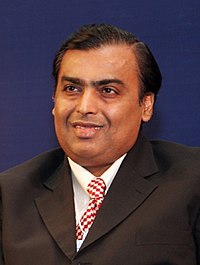
(Source : Forbes India)
Mukesh Ambani, the chairman of Reliance Industries, has made substantial investments in biotechnology. He recognized the immense potential of this field to revolutionize healthcare and improve the quality of life. “I firmly believe that biotechnology has the power to transform healthcare and bring about significant improvements in the quality of life for people around the world,” said Mukesh Ambani, Chairman of Reliance Industries.
Ambani’s investments have focused on areas such as genetic engineering, personalized medicine, and drug discovery. These investments aim to accelerate the development of breakthrough treatments for diseases, enhance the understanding of genetic disorders, and drive advancements in regenerative medicine.
Investment : Ambani’s investment in biotechnology exceeds $500 million, with a focus on research institutions, startups, and collaborations with leading global biotech companies like Stanford University, support for Reliance Life Sciences, partnerships with global biotech companies, investments in Genome Valley, and nurturing biotech startups. Mukesh Ambani’s investment has yielded significant outcomes, including groundbreaking medical advancements, agricultural innovations, and environmental sustainability initiatives.
2. Azim Premji – Catalyzing Education and Research
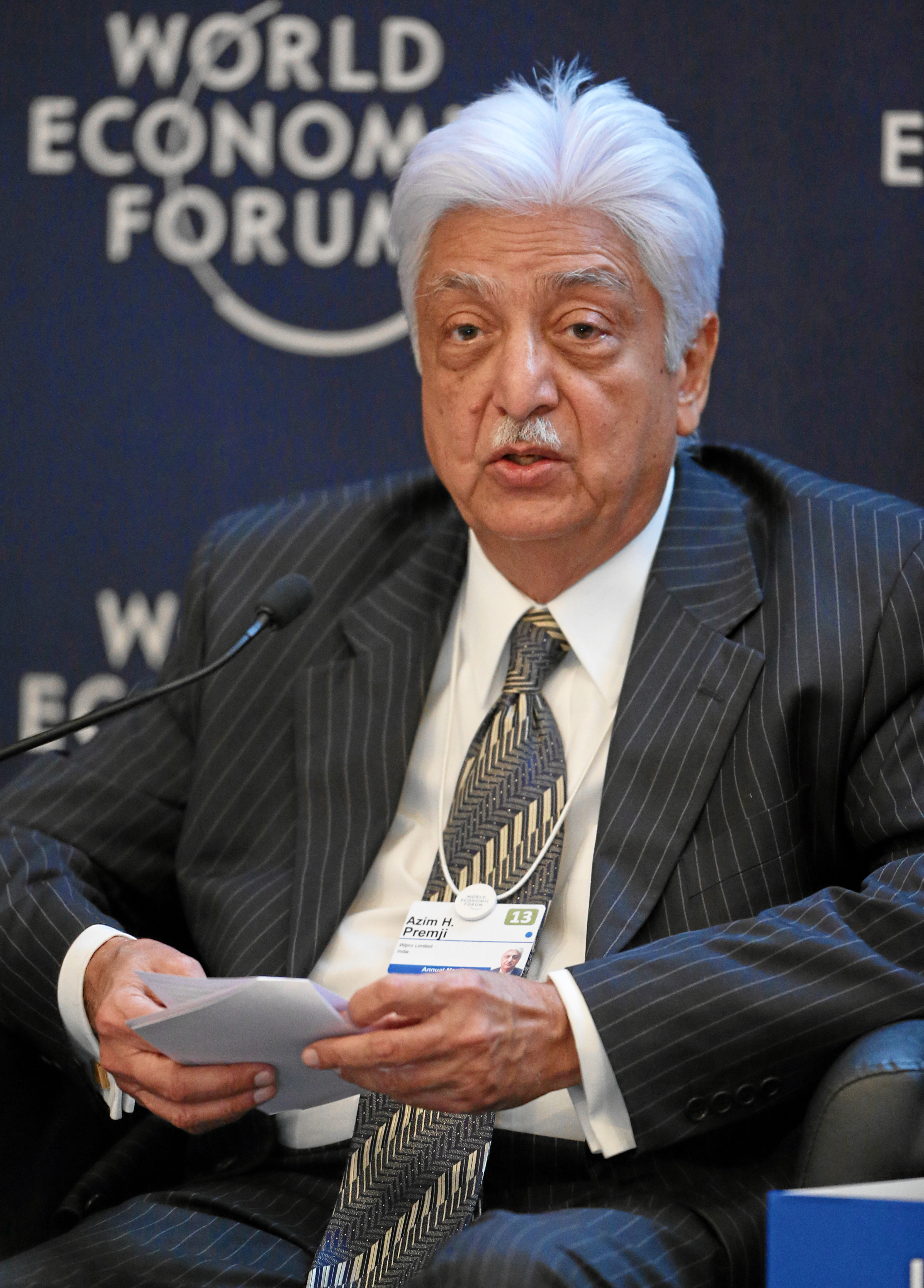
DAVOS/SWITZERLAND, 24JAN13 – Azim H. Premji, Chairman, Wipro, India, looks on during the session ‘Unconventional Energy- Sustaining Natural Resources’ at the Annual Meeting 2013 of the World Economic Forum in Davos, Switzerland, January 24, 2013.
Copyright by World Economic Forum
swiss-image.ch/Photo Moritz Hager
(Source : The logical indian)
Azim Premji, the founder of Wipro Limited and renowned philanthropist, has channeled a significant portion of his wealth into science education and research. Through the Azim Premji Foundation, he has established educational institutions and research centers that foster interdisciplinary studies and innovation. Premji’s investments aim to provide world-class education and research opportunities, with a particular emphasis on bridging the gap between academia and industry.
Investment : Azim Premji’s investments of over $1 billion in educational institutions, research centers, and scholarships focus on promoting STEM disciplines, including the establishment of Azim Premji University, Wipro-GE Healthcare R&D Center, Wipro Science Education Fellowship, and partnerships with IITs.
3. Shiv Nadar – Empowering Technological Advancements
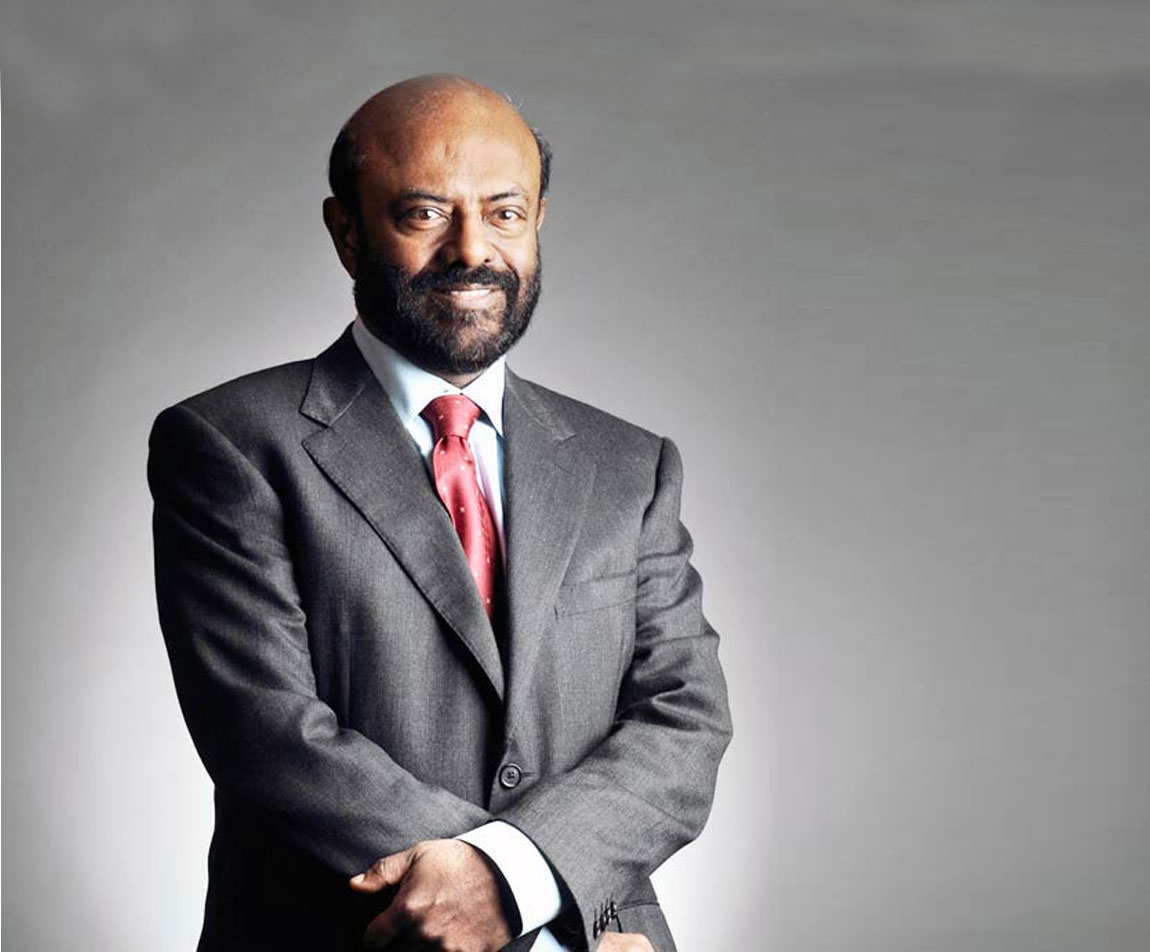
(Source : Shiv nadar foundation)
Shiv Nadar, the founder of HCL Technologies, has been a driving force in promoting scientific and technological advancements in India. Nadar’s investments have focused on areas such as artificial intelligence (AI), quantum computing, and cybersecurity. His vision is to position India as a global hub for cutting-edge technologies and to nurture a thriving startup ecosystem.
Investment : Nadar’s investments in science and technology ventures have exceeded $700 million, with a significant portion dedicated to research and development in AI, quantum computing, and cybersecurity.
4. Kiran Mazumdar-Shaw – Fueling Biomedical Research

(Source : The economic times)
Kiran Mazumdar-Shaw, the founder of Biocon Limited, has been a key figure in promoting biomedical research and innovation. Her investments have been instrumental in advancing drug discovery, clinical research, and biopharmaceutical manufacturing capabilities in India. Mazumdar-Shaw’s focus lies in developing affordable and accessible treatments for diseases that unevenly affects the developing nations.
Investment : Mazumdar-Shaw has invested over $300 million in state-of-the-art research facilities, collaborations with global pharmaceutical companies.Mazumdar-Shaw’s investments include initiatives such as the Biocon Academy, the Khorana Program for Scholars, scholarships for biomedical research, collaborations with universities and research institutes, and support for women in science, all aimed at fostering talent in the biomedical field.
5. Lakshmi Mittal – Promoting Sustainable Technology:
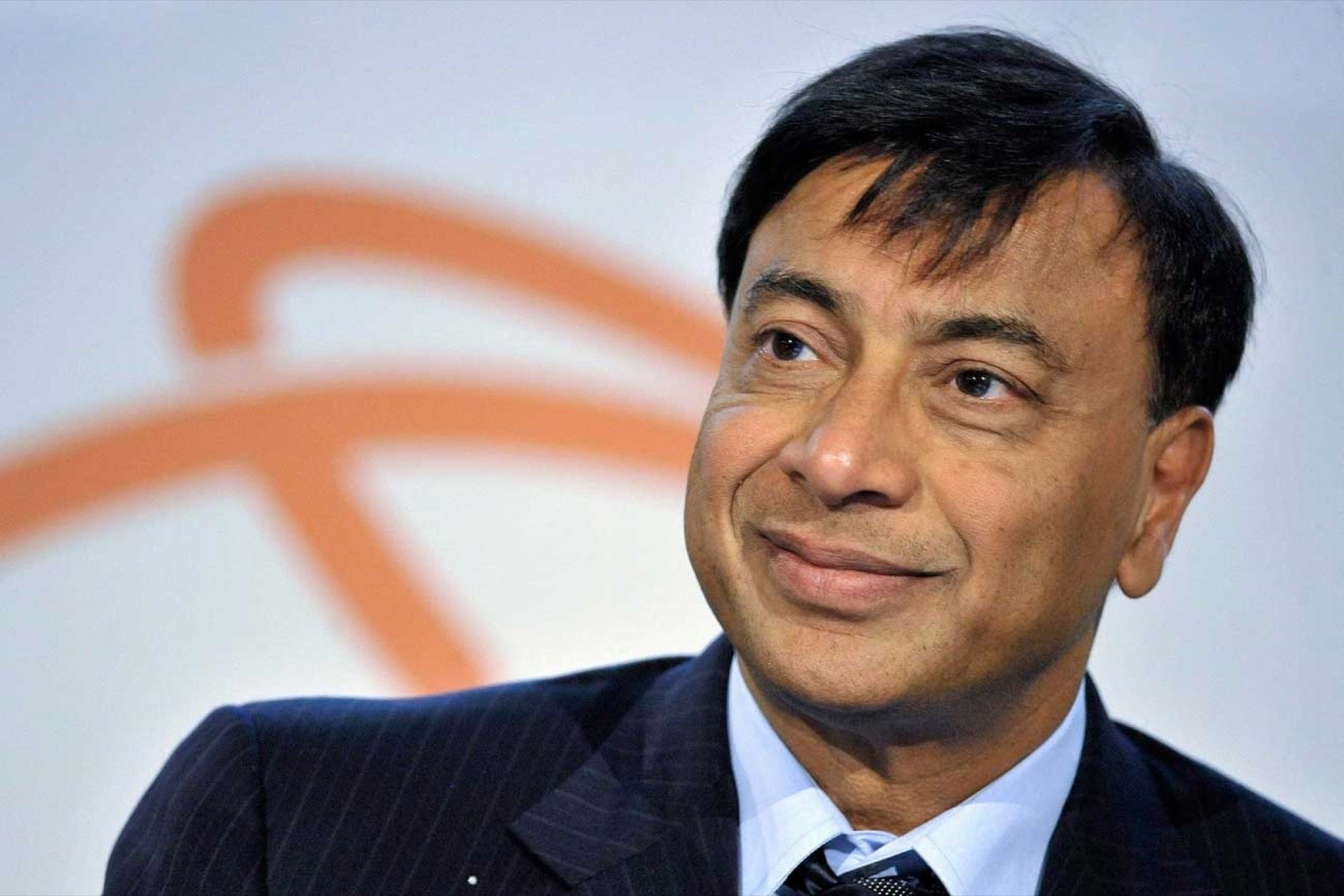
(Source : The economic times)
Lakshmi Mittal, the chairman and CEO of ArcelorMittal, has recognized the urgent need to invest in sustainable technology to combat climate change. His investments have centered around clean energy, renewable technologies, and carbon capture and storage solutions. Mittal aims to facilitate the transition to a low-carbon economy and reduce the environmental impact of industries.
Investment : Mittal’s investments in sustainable technology amount to more than $400 million, with a particular focus on research and development in clean energy and green manufacturing.
6. Cyrus Poonawalla – Revolutionizing Vaccines
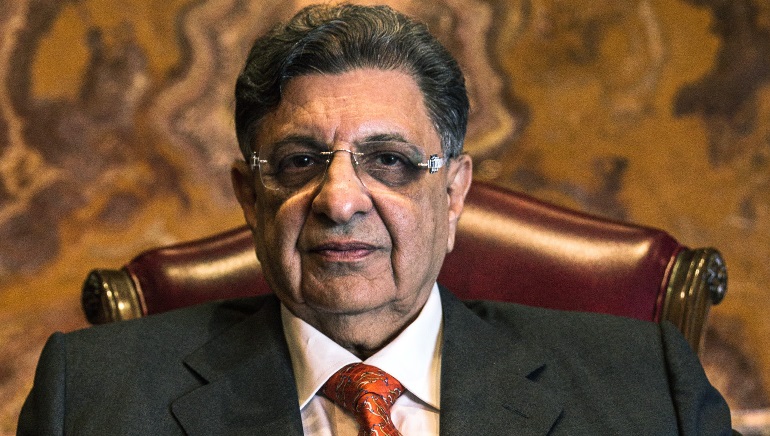
Billionaire Cyrus Poonawalla, chairman of Serum Institute of India Ltd., sits for a photograph in Pune, Maharashtra, India, on Monday, May 4, 2015. Serum, Asia’s largest vaccine maker, will look at a possible merger with generic drugmaker Cipla Ltd. if the European venture between the two companies succeeds. Photographer: Sanjit Das/Bloomberg via Getty Images
(Source : The indian express)
Cyrus Poonawalla, the chairman of the Serum Institute of India (SII), has been a pioneering figure in the field of vaccine development. His investments have played a crucial role in developing affordable and accessible vaccines for diseases like polio, measles, and COVID-19. Poonawalla’s investments in research and development, state-of-the-art manufacturing facilities, and collaborations with global health organizations have positioned SII as the world’s largest vaccine manufacturer.
Investment : Poonawalla’s investments in vaccine development and infrastructure have exceeded $1 billion, contributing to the global fight against infectious diseases.
7 . Nandan Nilekani – Driving Digital Innovation.
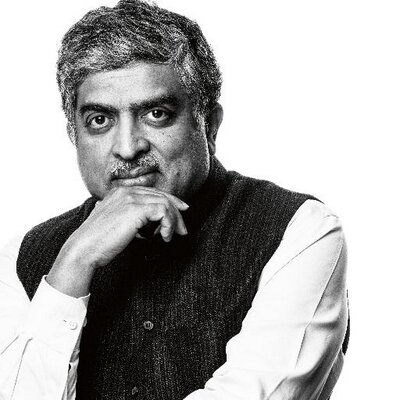
(Source : Bloomberg)
Nandan Nilekani, the co-founder of Infosys and former chairman of the Unique Identification Authority of India (UIDAI), has been at the forefront of driving digital innovation in India. Nilekani’s investments have focused on technologies like blockchain, artificial intelligence, and data analytics. His vision is to leverage these technologies to enhance governance, promote financial inclusion, and revolutionize sectors such as healthcare and agriculture.
Investment : Nilekani’s investments in digital innovation and technology-enabled solutions have surpassed $500 million, supporting startups, research institutions, and government initiatives.
8 . Adar Poonawalla – Promoting Biomedical Research and Innovation.
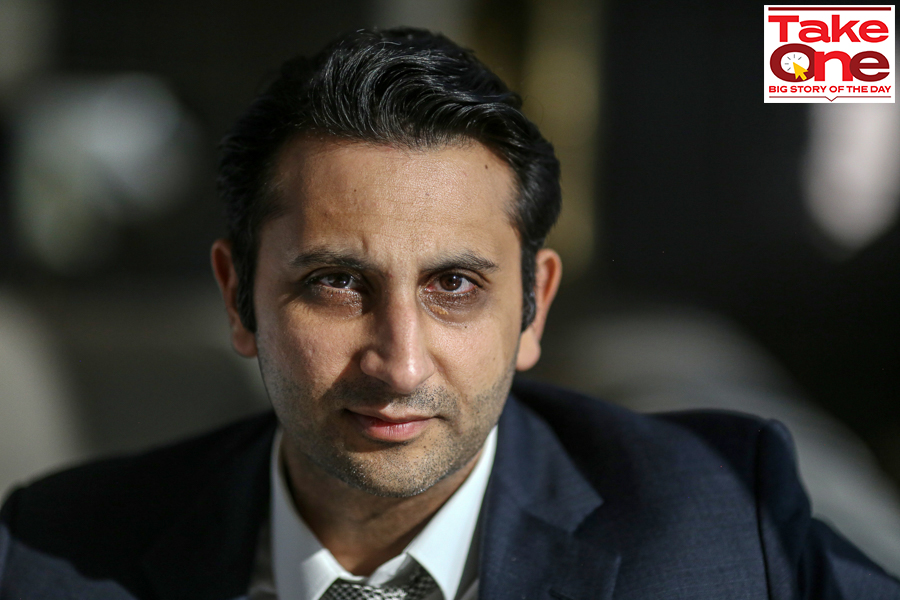
(Source : The indian express)
Adar Poonawalla, CEO of the Serum Institute of India (SII) and son of Cyrus Poonawalla, has continued the legacy of investing in science. Poonawalla’s investments have been instrumental in fostering biomedical research and innovation. He aims to drive advancements in areas such as immunotherapy, stem cell research, and precision medicine to improve healthcare outcomes and address unmet medical needs.
Investment : Poonawalla has invested over $300 million in establishing research centers, collaborations with global biotech companies, and supporting groundbreaking research in biomedical sciences.
9 . Anand Mahindra – Nurturing Future Technologies

(Source : Marketfeed)
Anand Mahindra, chairman of the Mahindra Group, has been a strong advocate for nurturing future technologies and startups. His investments have focused on emerging fields such as nanotechnology, robotics, and space exploration. Mahindra’s vision is to create an ecosystem that fosters innovation and entrepreneurship, propelling India to become a global leader in these cutting-edge technologies.
Investment : Mahindra has invested over $400 million in startup incubators, research and development centers, and strategic partnerships to support the growth of future technologies.
10 . Ratan Tata – Supporting Social Impact Innovation.
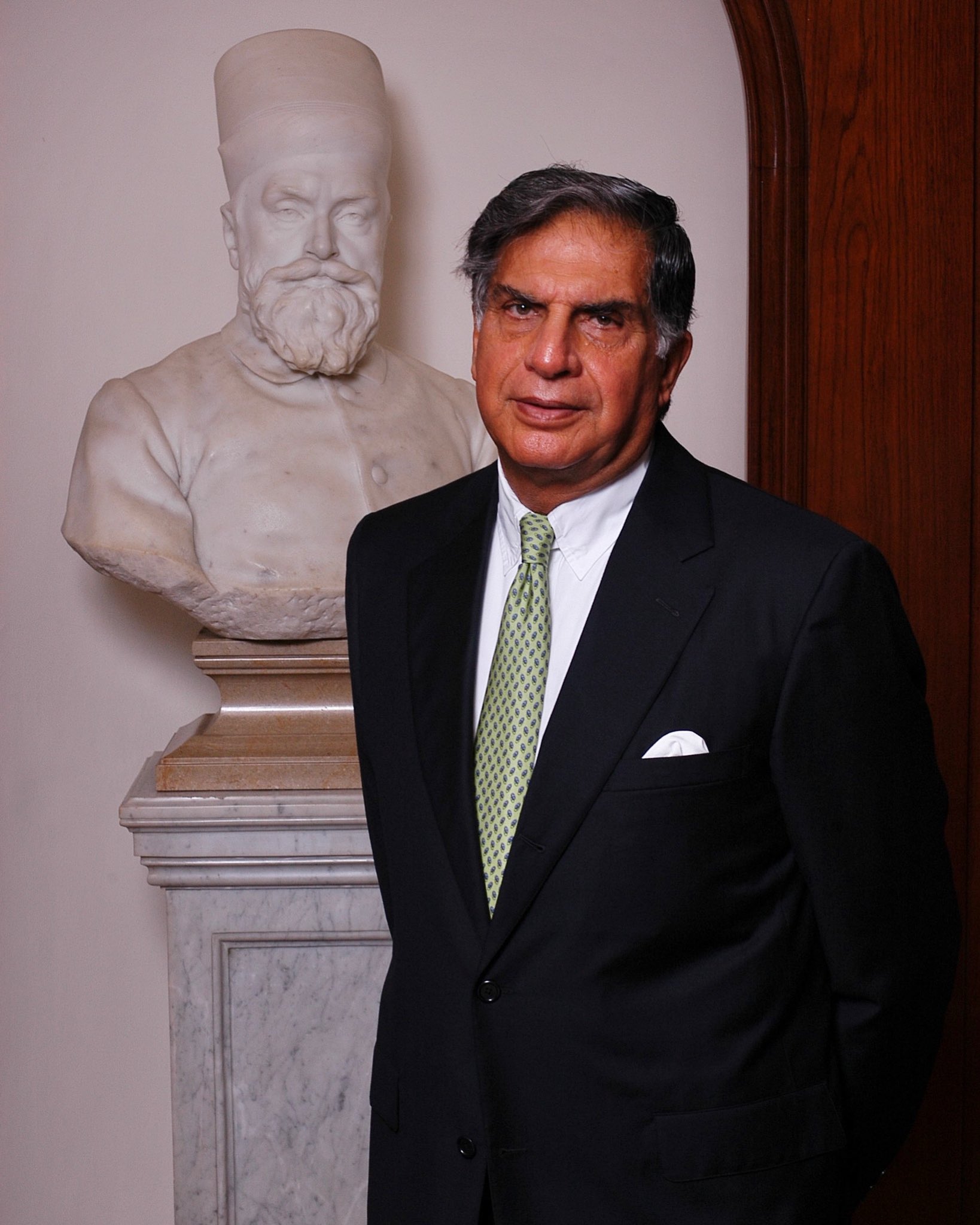
(Source : WikiBio)
Ratan Tata, the former chairman of Tata Sons, has been a driving force behind investments that support social impact innovation. His investments have spanned areas such as renewable energy, sustainable transportation, and rural development. Tata’s focus lies in promoting solutions that address societal challenges, empower marginalized communities, and create a more sustainable future.
Investment : Tata’s investments in social impact innovation exceed $1 billion, providing crucial support to startups, nonprofit organizations, and initiatives focused on social and environmental sustainability.
Conclusion.
By investing in biotechnology, education and research, technology advancements, biomedical research, and sustainable technology, millionaires are fostering a culture of innovation and positioning India as a global scientific powerhouse. Through their investments, these billionaires are not only shaping the future of science but also leaving a lasting impact on society by improving lives, fostering economic growth, and addressing pressing global challenges.


1 comment
Great information shared.. really enjoyed reading this post thank you author for sharing this post .. appreciated